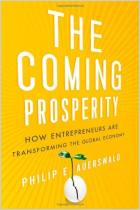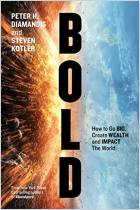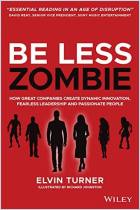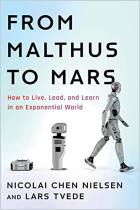
Recommendation
Is humanity living in a time of innovative breakthroughs, or are tech enthusiasts delusional? Authors Thomas Ramge and Rafael Laguna de la Vera explain why Silicon Valley’s evangelical discourse surrounding innovation, with its “Chief Innovation Officers” and “Heads of Design Thinking,” is often little more than public relations theater. Given the existential global risks the world faces, humanity can’t afford to merely play at innovation. The authors describe how to ensure a truly innovative future, calling on readers to disrupt the status quo and build a better world.
Summary
About the Authors
Thomas Ramge is the author of 20 books on technology, innovation and transformation, and the winner of numerous awards, including the getAbstract International Book Award, the Axiom Business Book Award and the Best Business Book Award on Innovation and Technology. Rafael Laguna de la Vera is an open-source pioneer and open-internet advocate who has worked with companies such as SUSE Linux and Open-Xchange. He is also the founding director of the Federal Agency for Disruptive Innovation (SPRIND).



















Comment on this summary